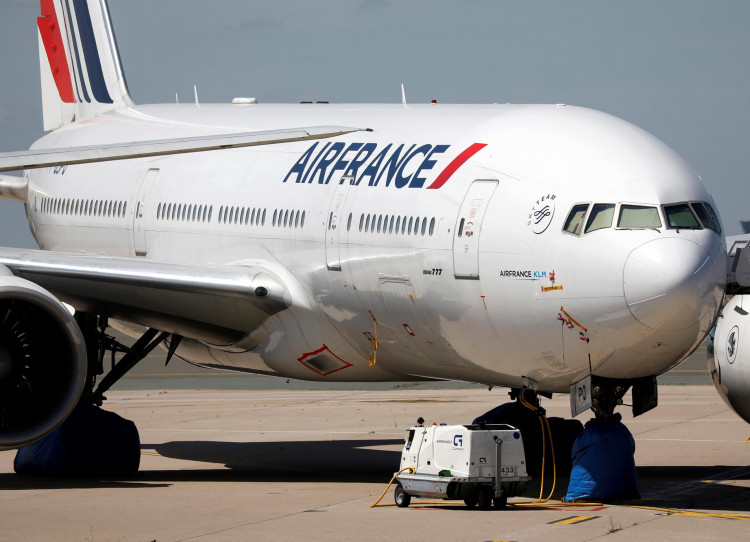Boeing is under renewed scrutiny after whistleblower claims raised concerns about the safety and quality of its 787 Dreamliner and 777 aircraft, leading to a Federal Aviation Administration (FAA) investigation. Shares of the aerospace giant dropped to a five-month low, reflecting investors' growing concerns over the potential impact of these allegations on Boeing's operations and reputation.
The whistleblower, Boeing engineer Sam Salehpour, brought to light alleged engineering problems that could compromise the structural integrity of the jets. Salehpour's legal team contends that Boeing overlooked crucial safety and quality issues to expedite the assembly process of the 787, known for its advanced composite-material fuselage. These claims echo past issues with the 787 Dreamliner, which saw halted deliveries for an extended period due to assembly mishaps and manufacturing flaws.
Boeing has refuted the allegations, asserting the long-term safety and quality of the 787 Dreamliner. The company emphasized its commitment to rigorous analysis and maintenance to ensure the aircraft's structural integrity, under the oversight of the FAA. "These claims about the structural integrity of the 787 are inaccurate and do not represent the comprehensive work Boeing has done," stated the US planemaker.
The FAA has acknowledged the investigation, underscoring the importance of voluntary reporting in maintaining aviation safety. "Voluntary reporting without fear of reprisal is a critical component in aviation safety," the FAA remarked, highlighting its dedication to thoroughly investigating all reports to uphold industry standards.
Salehpour's claims suggest that improper shortcuts during the 787's assembly could lead to "significant fatigue" in critical components, particularly at joint areas where the fuselage barrels are connected. This could affect more than 1,000 787 aircraft in service, posing a considerable risk to the aircraft's durability and potentially its passengers.
Boeing's shares have experienced a significant decline this year, underperforming in the Dow Jones Industrial Average as investor confidence wavers. The controversy comes at a challenging time for Boeing, still reeling from a crisis of confidence following a fuselage panel incident on a 737 Max 9 jet earlier in the year. This recent incident, coupled with the whistleblower's claims, has intensified the focus on Boeing's manufacturing and safety protocols, prompting a comprehensive review of senior management and operational practices.
The 787 Dreamliner, Boeing's flagship aircraft, has been under the spotlight for previous assembly issues, including flaws in how sections of its carbon fiber frame were joined. After a series of inspections and manufacturing adjustments, the FAA allowed deliveries to resume in 2022, with Boeing affirming the aircraft's ability to operate safely for over 30 years based on ongoing analysis and future inspections.
As Boeing navigates this tumultuous period, the industry and regulatory bodies remain vigilant, emphasizing the paramount importance of safety and quality in aviation manufacturing. The outcome of the FAA's investigation into Salehpour's claims could have far-reaching implications for Boeing, potentially influencing manufacturing practices, regulatory oversight, and the company's position in the global aerospace market.





